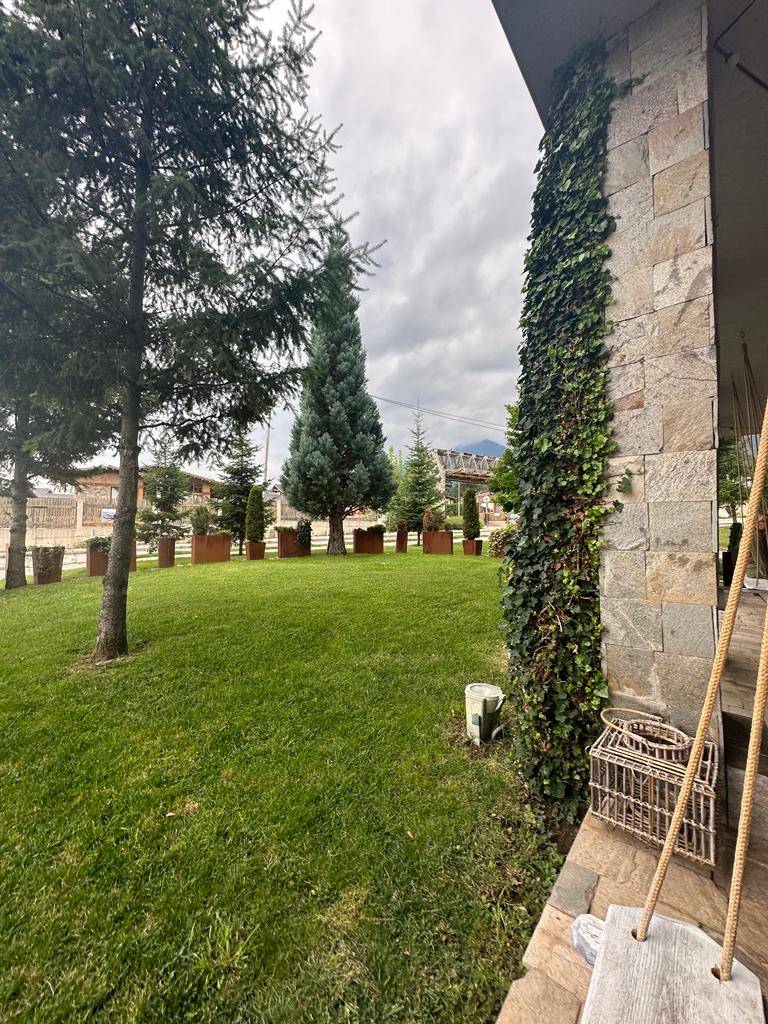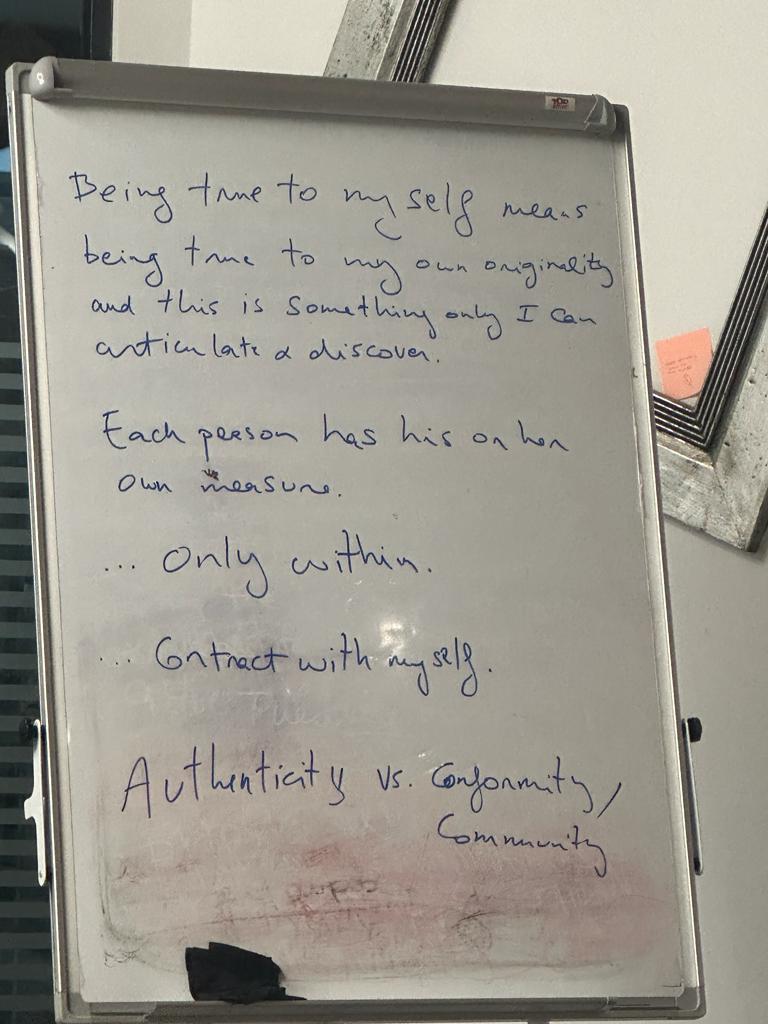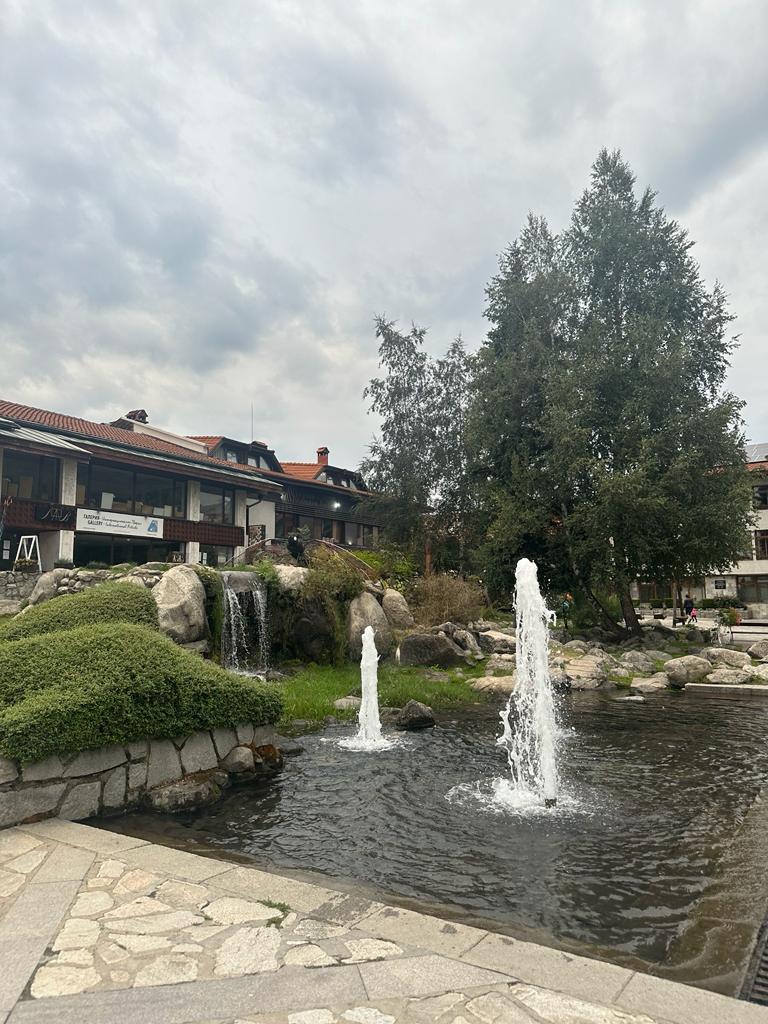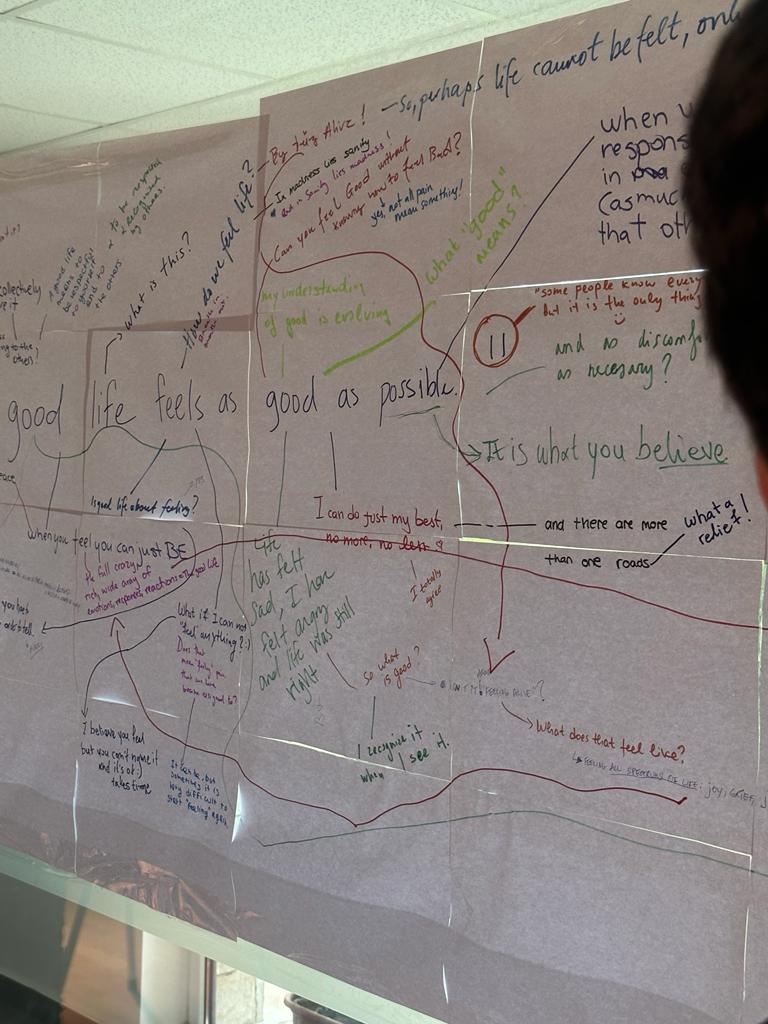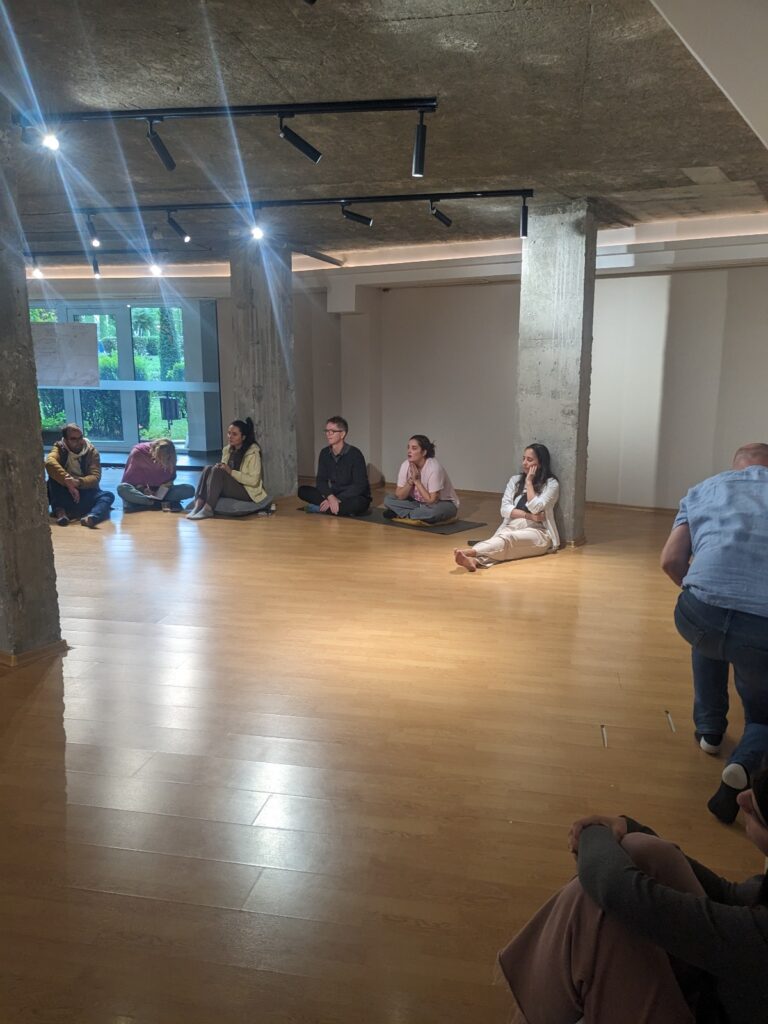First Facilitators LTTA held in Bansko, Bulgaria
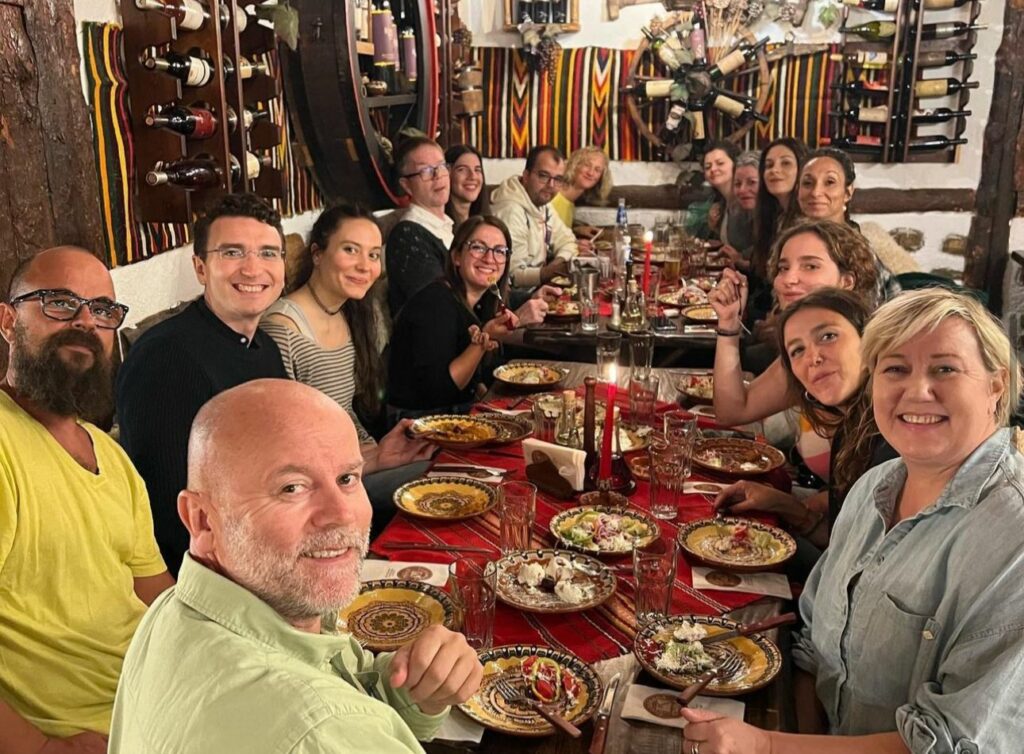
From September 5 to September 8 in the charming town of Bansko, Bulgaria, as held the first Learning, Teaching, Training Activity unfolded, immersing participants in a journey of self-discovery, intellectual exploration, and profound discussions. This unique educational event was structured around a series of fundamental questions that encouraged reflection, debate, and personal growth. Over the course of several days, educators, facilitators, and lifelong learners came together to delve into these questions and find deeper meaning in their roles as educators and as human beings.
Questioning and Reflecting
The heart of this learning experience guided by Dr. Angela Gorrell and Dr. Joshua Forstenzer was structured exploration of ten essential questions:
- To Whom are we Responsible? The question of responsibility in education and life was a central theme throughout the activity. Participants delved into their ethical and social responsibilities as educators, citizens, and individuals.
- How to Think about Text Choices? Text choices are crucial in shaping learning experiences. Through readings and discussions, participants explored the significance of selecting diverse, meaningful texts to inspire curiosity and critical thinking.
- How Do I Act? Personal agency and decision-making were examined, both in the classroom and in life. Participants reflected on the choices they make and how those choices impact others.
- What Do I Hope For? This question encouraged participants to consider their aspirations and dreams, both for themselves and for their students. It led to discussions about the importance of setting goals and fostering hope.
- How to Set-Up a Community of Inquiry? Establishing a community of inquiry is vital for meaningful education. Participants learned strategies for creating inclusive and collaborative learning environments.
- What is Education For? Is There More? The purpose of education was explored in depth. Participants debated whether education should focus solely on knowledge and skills or encompass a broader aim of personal development and societal transformation.
- Have We Lost Anything Along the Way? A reflection on the evolution of education, considering what might have been lost in the pursuit of progress. Participants contemplated the values and traditions that may have been sacrificed.
- What Should I Do When I Fail? Failure was reframed as an opportunity for growth and resilience. Participants discussed strategies for dealing with setbacks and how to encourage a growth mindset in themselves and their students.
- What is the Role of Suffering? The challenging question of suffering's role in human existence was tackled. Participants explored the potential for personal growth and empathy that can emerge from adversity.
- How Does the Good Life Feel? The pursuit of the "good life" was examined from an emotional and experiential perspective. Participants shared their visions of a fulfilling life and how it feels to attain it.
The Learning, Teaching, Training Activity in Bansko, Bulgaria, offered a profound and transformative experience. By guiding participants through these fundamental questions, the event encouraged deep reflection, introspection, and open dialogue. The structured approach enabled individuals to connect these existential questions to the field of education, enriching their teaching practices and personal lives.
As the journey concluded, participants departed with a renewed sense of purpose, a broader perspective on education, and a deeper understanding of their role in the world. The lessons learned in Bansko reached far beyond the classroom, touching the hearts and minds of those in attendance. This unique educational experience showcased the power of critical questioning and meaningful reflection in enriching our lives and the lives of our students, ultimately contributing to a more enlightened and compassionate society.

Funded by the European Union. Views and opinions expressed are however those of the author(s) only and do not necessarily reflect those of the European Union or the European Education and Culture Executive Agency (EACEA). Neither the European Union nor EACEA can be held responsible for them.
